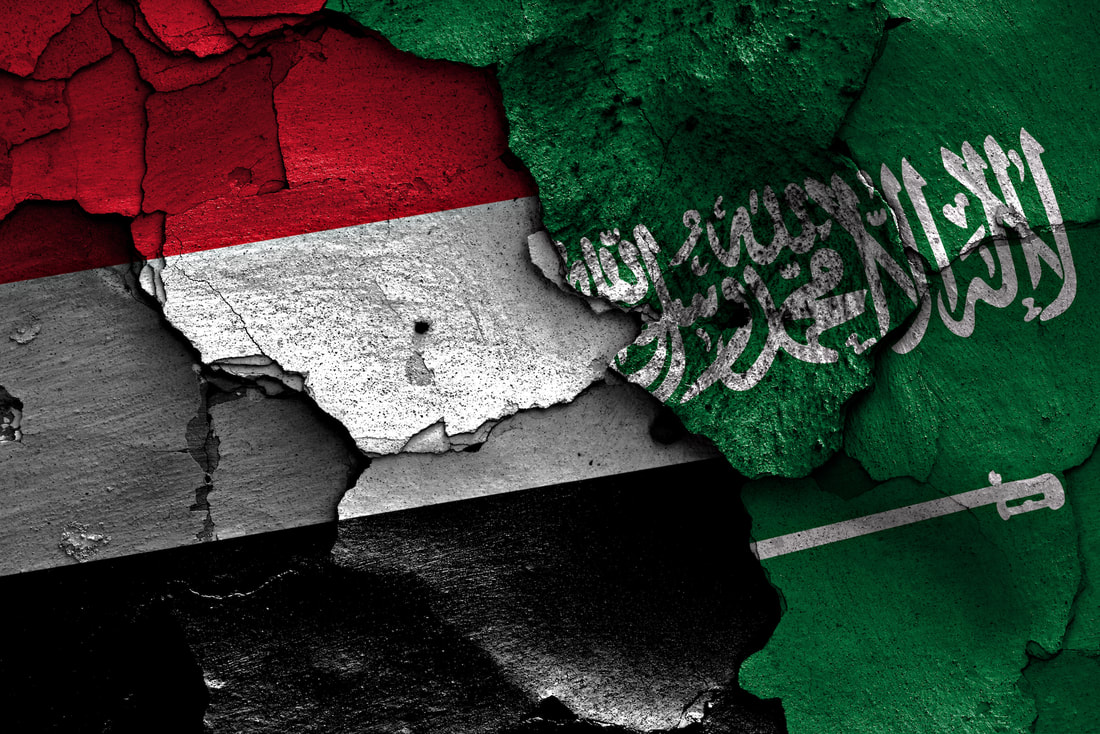|
For this analysis, we compared two outlets covering recent events in the Yemen-Saudi Arabia conflict. We wanted to see how each reported on Yemen firing a missile into Saudi Arabia (story 1), compared to how each reported on Saudi Arabia accusing Iran for the incident (story 2). The first story includes a measurable act of violence that could have killed many people. In the second, there’s an accusation and a threat. Which of the two do you think the media distorted the most? It turns out it’s the second story. For instance, The Associated Press’ (AP) coverage of that story was 24 percent more spun than the first. Compare the spin (bolded) in the outlet’s descriptions of Saudi-Iran relations:
Saudi Arabia accuses its rival, Shiite power Iran, of training and helping arm the rebels. Iran denies that it has provided material support, though it acknowledges its political support of the Houthis. (Story 1, no spin here!) The coalition’s statement ramps up tensions between the ultraconservative Sunni kingdom and its Shiite rival Iran, both of which have interests in Yemen’s yearslong conflict. (Story 2) A similar increase in distortion also occurred with Al Jazeera’s coverage, except we found 46 percent more slant in its second story (Saudi accusing Iran). The difference was due to the outlet including better sourcing and more neutral (or unbiased) statements in its first story (missile fired into Saudi Arabia). For instance, of the total 18 sentences in the first story, 10 were neutral. By contrast, of a total 17 sentences, the second story had only one neutral sentence — the rest were biased. In terms of the total integrity ratings (the overall score for each article), AP’s first story came in at 62 percent, and its second was 40 percent (a higher score means an article is more objective). Al Jazeera’s first story had an 84 percent integrity rating, and its second dropped to 40 percent. That’s quite a difference! As to why both outlets distorted the second story more, we’re not sure. Maybe it has something to do with the nature of threats, which are vague and unpredictable, leaving more to the imagination compared to an event that’s measurable. Or, it could be that the second story included Saudi Arabia’s statement blaming Iran for a “clear act of aggression.” In any case, we hope one day these types of analyses are made defunct by ethical, data-based reporting. Comments are closed.
|
Jens Erik GouldJens is a political, business and entertainment writer and editor who has reported from a dozen countries for media outlets including The New York Times, National Public Radio and Bloomberg News Archives
February 2018
Categories
All
|

 RSS Feed
RSS Feed